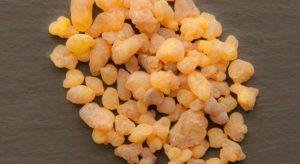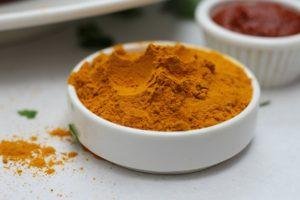Do you take NSAIDs like aspirin on a daily basis? If so you need to be aware of the risks associated with these over the counter medications. This anti-inflammatory and painkilling drug class includes over the counter medications such as Aleve, Motrin, Advil, and aspirin.
Because NSAIDs suppress inflammation and reduce the pain they are widely used for everyday complaints such as headaches, joint pain or fever. While these painkillers do provide comfort to many people for those everyday complaints, these drugs can have serious effects on the gastrointestinal tract, liver, kidneys, and heart. Taking NSAIDs on a daily basis for pain or inflammation increases your risk for high blood pressure, ulcers, kidney failure, heart failure, Crohn’s disease, and ulcerative colitis.
Pain is Mother Nature’s way of saying something needs to transform, whether it’s physical or emotional. There’s a lot we can learn from our experiences when we pay attention. Your body talks to you every day!
Herbs For Pain
White Willow bark (Salix alba) has been used for centuries as a pain reliever. The bark is harvested in summer and dried to make decoctions, liquid extracts, powder, tablets, and tinctures. White willow is milder on the stomach lining than synthetic aspirin and has reduced blood thinning action. The active compounds in white willow called salicylate glycosides, work as an effective anti-inflammatory. These compounds interfere with pain transmission in the nervous system and treat the cause of inflammation.
White willow is gentler on the stomach than aspirin but it can aggravate conditions such as kidney disease and gastrointestinal ulcers. People who are sensitive to aspirin or have an allergy to salicylates should not take this herb.
For those taking blood thinners, including warfarin and heparin, white willow is to be taken with caution under a physician’s care.
Dosage is one to two droppers full of white willow bark tincture daily.

Boswellia (Boswellia serrata) also known as Indian frankincense relieves joint pain and stiffness for people suffering from chronic inflammatory conditions. Osteoarthritis and rheumatoid arthritis sufferers benefit greatly using this resin. It can prevent cartilage loss by blocking the progression of these diseases while providing relief from pain and discomfort. Boswellia also calms autoimmune reactions, when the immune system mistakenly attacks healthy tissues. The combination of calming and reducing inflammation, this herb helps relieve bronchial asthma, ulcerative colitis, and Crohn’s disease.
The suggested dose for pain is 450 – 750 mg daily for three to four weeks.

Cat’s Claw (Uncaria tomentosa) contains an anti-inflammatory compound that blocks the production of the hormone prostaglandin. Prostaglandin contributes to inflammation and pain in the body. This herb treats health problems such as arthritis, inflammation, and fevers. Cat’s claw cleanses the digestive tract and helps treat inflammatory gut disorders including Crohn’s disease, colitis, gastritis, diverticulitis, stomach ulcers, and leaky gut.
The dose for cat’s claw is 250 to 1,000 mg capsules one to three times daily. Exceeding this amount can result in diarrhea.

Turmeric (Curcumag longa) helps relieve arthritis pain and promote liver health by removing toxins from your body. The main active ingredient in turmeric is curcumin. It is a painkiller that blocks proteins in the body that cause inflammation and stops the neurotransmitter, substance P, from sending pain messages to the brain.
Turmeric’s antioxidant properties benefit our appearance by protecting our skin from free-radical damage from environmental pollutants. Curcumin’s anti-inflammatory, antioxidant and antimicrobial properties make it a health-promoting powerhouse. While curcumin is not absorbed that well into the bloodstream, consuming it with black pepper enhances its absorption.
This is a small list of pain-relieving herbs that work better and without the serious side effects of over the counter pain relief. It is worth your health to consider the effects these drugs can have on your gastrointestinal tract, liver, kidneys, and heart.



Hi, I use herbs all the time. I especially use Frankincense and Turmeric for pain. That was good information. Thanks
Thank you! I’m glad you enjoyed it.